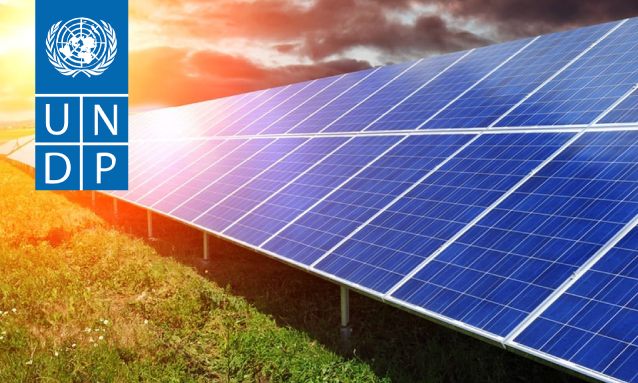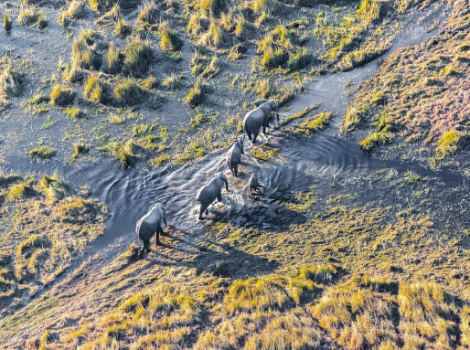
At least 88 rural villages in the country have benefitted from the United Nations Development Programme (UNDP) sponsored solar power programme. This has dramatically changed the lives of families whose households are now electrified and is saving the environment from deforestation.
On completion, the UNDP programme is expected to assist 65,000 poor households across Botswana with access to clean and sustainable energy. Villagers whose homes have been solar-powered are now able to use heating systems and lighting appliances while household chores have significantly been reduced.
Most rural communities where 80% of households use firewood have been targeted to benefit. The use of firewood for daily chores is one of the key drivers leading to the massive destruction of the country’s forests. In Kgope, a remote village some 50 kilometres west of Gaborone, the programme has transformed the Mokgatlhe family’s lives overnight. Mrs Mokgatlhe said her children are now able to study and retire to bed on time.
“It is a changed world for them. They even spend more time reading and finishing their school work these days,” Mrs Mokgatlhe’s husband chipped in. The Mokgatlhe family hopes to soon purchase a television and radio, something that has until now remained a distant dream.
The UNDP Rural Electrification Programme, also being spearheaded by the Global Environment Facility (GEF) and the Government, is aimed at equipping villagers with solar-powered photovoltaic cells. This means they no longer have to use paraffin and firewood for lighting. The GEF administers several trust funds and provides secretariat services in 39 donor-dependent countries.
According to the UNDP, the programme is a response to the Botswana Government’s call for the use of alternative fuels and the reduction of carbon emissions. It mainly targets poor and female-run households, offering them efficient energy devices at affordable prices.
“As part of the programme’s pilot phase, solar-powered heating systems and lighting appliances were introduced to some 88 villages that are off the country’s main electricity grid.
In Kgope village, the local development committee is running an energy kiosk that sells solar lanterns, wood-saving stoves and hot bags – specially designed bags that keep food warm, thereby reducing cooking time on stoves,” the UNDP said.
“The wood-saving stove, for example, cooks a four-person meal with only a kilogram of firewood – thereby reducing the time needed for firewood collection – and the hot bags reduce cooking time overall,” said UNDP.
It added that the pilot phase of the programme would be used to iron out any minor kinks before it is replicated throughout the country and integrated into the national electrical grid. In the process, it would realise the aim of promoting renewable energy use throughout Botswana. The project will also help in cutting back deforestation and minimising the amount of carbon emissions arising from the use of fossil fuels. It will promote the development of sustainable small businesses and create employment in areas where such opportunities are generally non-existent.
Recently, the Government launched a call for tenders for two solar projects that should allow 100MW to be fed into the national grid. The closing date for this call for expressions of interest was set for September 11 but has since been postponed to September 27.
Source: weekendpost.co.bw



